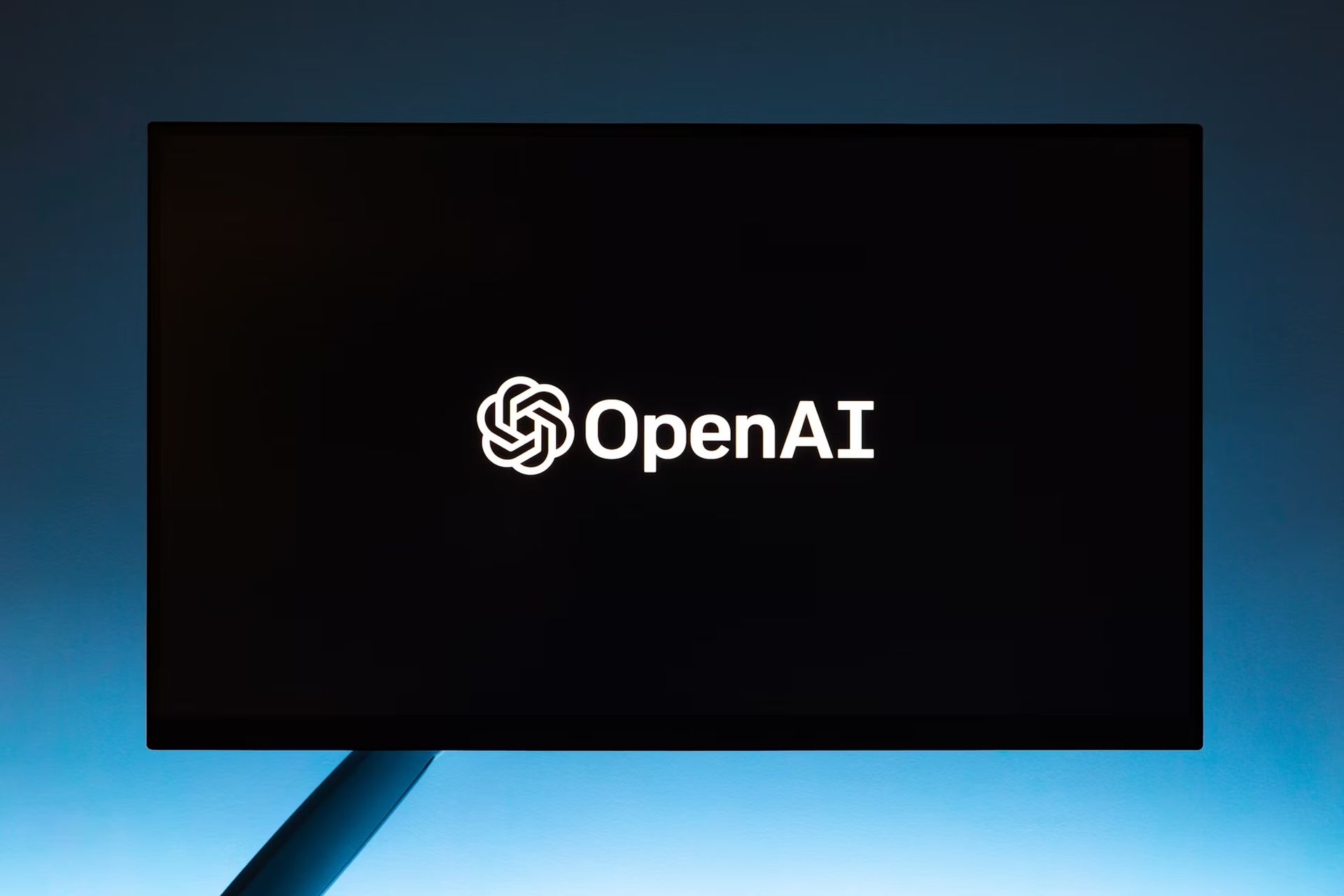OpenAI to launch autonomous AI agent Operator in January

OpenAI is set to launch its first autonomous AI agent, dubbed “Operator,” in January as part of a research preview, Bloomberg reports. This new development aims to elevate AI capabilities by enabling users to carry out complex tasks online, such as booking flights or writing code, with minimal human intervention.
OpenAI’s strategic move towards agentic AIThe introduction of Operator marks a crucial point in a broader shift towards agentic AI, which represents software designed to autonomously complete multi-step tasks. Unlike traditional chatbots that only respond to queries, AI agents like Operator function more as personal assistants, capable of making decisions based on the guidelines provided by users. For example, users merely need to inform Operator about their hotel preferences, such as needing two beds and a jacuzzi, and it will handle everything necessary to secure a reservation, including payment if granted permission.
OpenAI has made it clear that it is not alone in this race. Competitors like Anthropic have unveiled new features enabling the automation of tasks like website creation and spreadsheet editing. Meanwhile, tech giant Google has introduced tools that further allow companies to build tailored AI agents using its Gemini large language models. Other major players in the industry, such as Salesforce and Cisco, have launched their own initiatives, with Salesforce offering agents capable of customer service and Cisco integrating AI into its Webex platform.
Despite these advancements, OpenAI finds itself entering this expanding sector somewhat late. Previously, OpenAI’s focus had been on generating massive language models rather than creating autonomous agents. However, the company’s commitment to agentic AI is evident, as highlighted in a Reddit AMA session. CEO Sam Altman disclosed that, while OpenAI will still improve its existing models, future breakthroughs would likely revolve around the development of advanced autonomous agents.
Glossing over the urgency to innovate, OpenAI’s venture into agentic AI appears driven by external pressures to monetize its investments in cutting-edge technology. As many AI labs struggle with creating profitable applications from their sophisticated models, there is a growing belief that autonomous agents represent a golden ticket, reminiscent of previous transformative products by tech giants.
In light of the forthcoming launch of Operator, some attendees at OpenAI’s recent press events have shared predicted sentiment about 2025 being a pivotal year for the mainstream adoption of agentic technologies. The anticipation is palpable, as stakeholders eagerly await how these systems could redefine productivity and collaboration across multiple fields.
OpenAI’s upcoming release also comes amid its discussions on AI policy, underscoring its role in shaping industry standards and addressing regulatory concerns. The company circulated its draft AI policy proposal around the same time, suggesting the U.S. government establish “AI-focused economic zones” and a coalition to better compete against China in this rapidly evolving tech landscape. The overarching recommendation from OpenAI emphasizes the need for increased energy generation to support AI operations, advocating for investments in renewable sources like wind and solar, along with nuclear energy infrastructure.
With the launch of Operator drawing near, the tech sphere is watching closely to measure its potential impact. The ability to issue straightforward commands and let the AI handle the intricacies has the capacity to streamline workflows significantly. As the groundwork for these systems becomes more established, their integration into everyday tasks may eventually render certain manual processes obsolete, thus heralding a new era for both AI technology and users alike.
Featured image credit: Andrew Neel
